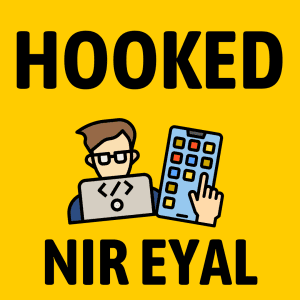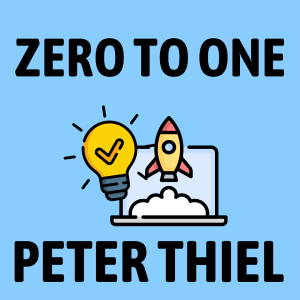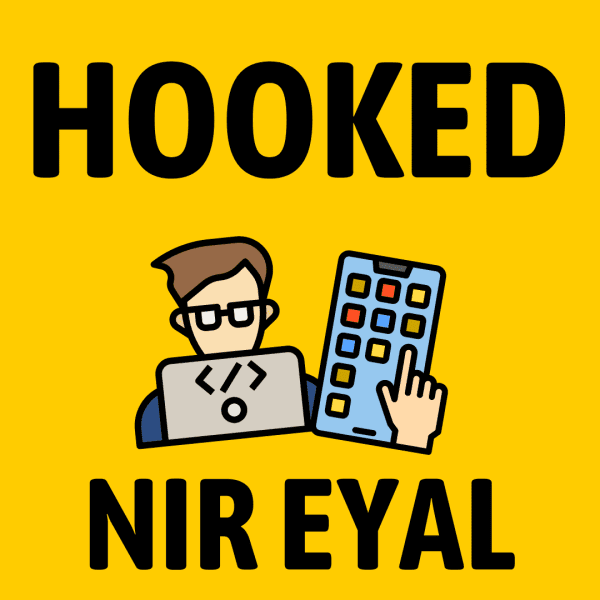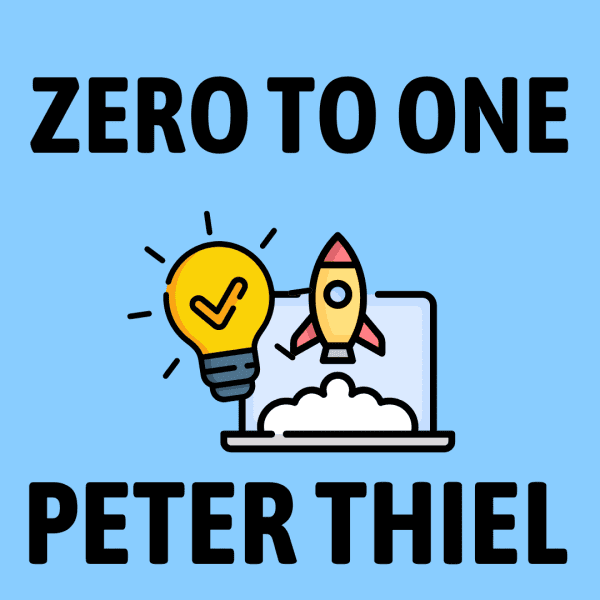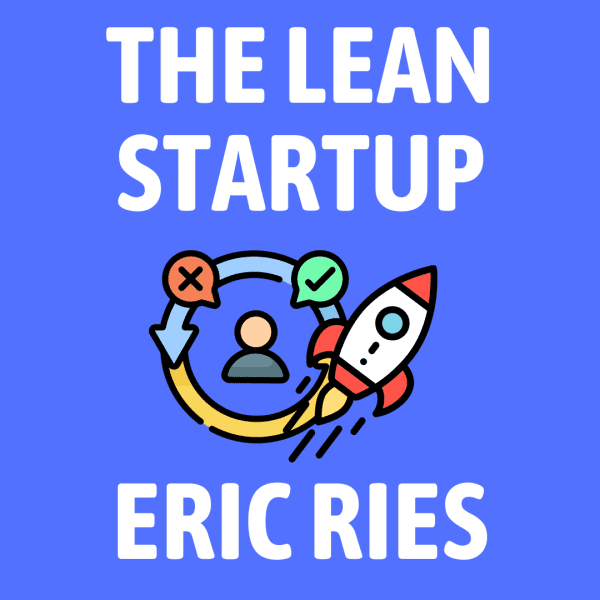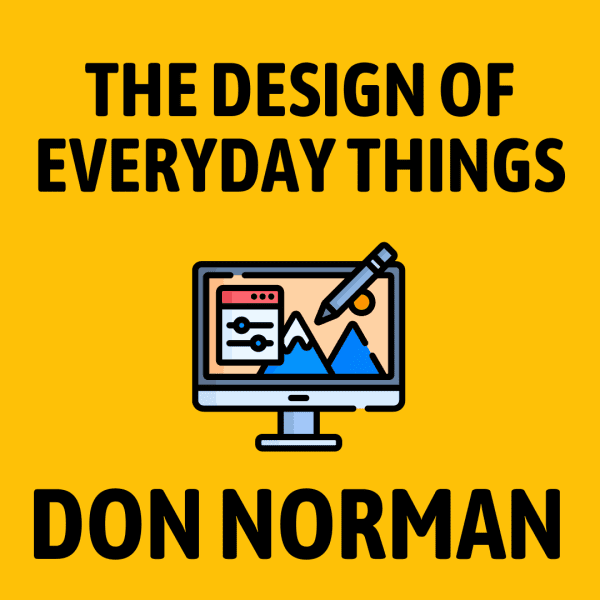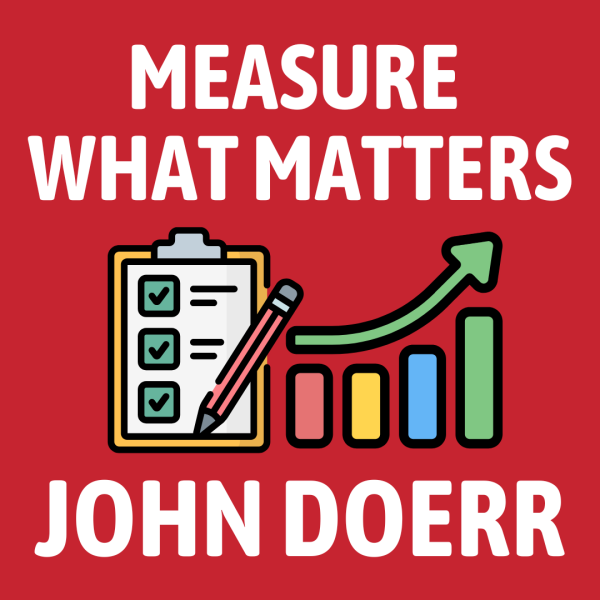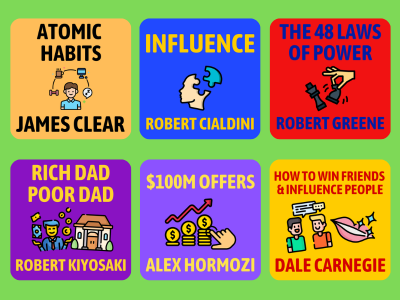Hooked is a guide for product designers, marketers, and entrepreneurs, showing them how to create digital products that are engaging, compelling, and habit-forming.
Nir Eyal reveals how big tech companies like Google, Twitter and Facebook keep us coming back to their apps daily.
His "Hooked Model" has 4 stages: trigger, action, variable reward, and investment.
Why read it?
If you're dreaming of creating the next Instagram or just curious about why we can't put down our phones, then this book is your go-to guide.
Nir Eyal takes the "habit loop" idea (made popular by books like Atomic Habits), then he spins it upside down, to reveal the secrets behind apps that are highly engaging and habit-forming.
It's your blueprint to making anything - from your new app to your social media channel - as irresistible as that last slice of pizza. 🍕
Zero to One is about the future of technology and a guide for startup business founders.
Peter Thiel is a billionaire entrepreneur and investor that shares many unconventional ideas.
He says entrepreneurs should avoid competition.
Instead build a (legal) monopoly selling something completely new and incomparable.
Why read it?
If you're trying to come up with an innovative new business idea, or if you're struggling to stay afloat in an overcrowded market, Peter Thiel's "Zero to One" may be your life jacket.
Peter Thiel, the entrepreneur and investor behind major names like PayPal, Facebook and Palantir — challenges us to think about creating something so unique it goes from zero (nonexistent) to one (the first of its kind).
This isn't about following trends; it's about setting them.
This book urges you to look where others don't and think differently. 🏆
"The Lean Startup" by Eric Ries is about how to build new startup businesses smarter, using lean and agile methods.
It emphasizes launching a Minimum Viable Product, gathering customer feedback with scientific tests, and pivoting based on insights.
This approach helps quickly develop valuable products that truly benefit customers.
Why read it?
If you're banging your head against the wall trying to make your startup work, "The Lean Startup" can give you a much-needed plan for success.
Eric Ries flips traditional business launch strategies upside down, arguing for a smarter, not harder, approach.
It's all about building a minimal product, getting it out there fast, "failing fast," and then tweaking it based on real feedback. (Rather than perfecting something in a vacuum and hoping it flies.) Think of it like playing a video game where you get a bunch of lives to keep trying. 🎮
"The Design of Everyday Things" by Don Norman explains the principles of good design and usability.
The book outlines a process for creating products, services, and apps that are intuitive and user-friendly by taking into account human psychology.
It also identifies common design mistakes that make products frustrating to use and offers solutions to avoid these pitfalls.
"Measure What Matters" by John Doerr is a book about a system called OKRs (Objectives and Key Results).
It’s a simple way to set goals and measure progress so you can stay focused and get things done.
The book shows how big companies like Google and Intel use OKRs to dominate their industries, and how you can use them too—whether for a team, a business, or even for your personal goals.
Why read it?
You should read Measure What Matters because it teaches a super simple and powerful way to set goals as a team and actually achieve them. There are great case studies from inside top companies and startups like YouTube, Adobe, and MyFitnessPal.
Trying the method, I was able to focus on my top goals and make progress on them in a measurable way.
If you want a clear plan for reaching your goals and a way to track how you're doing, this book is awesome.

